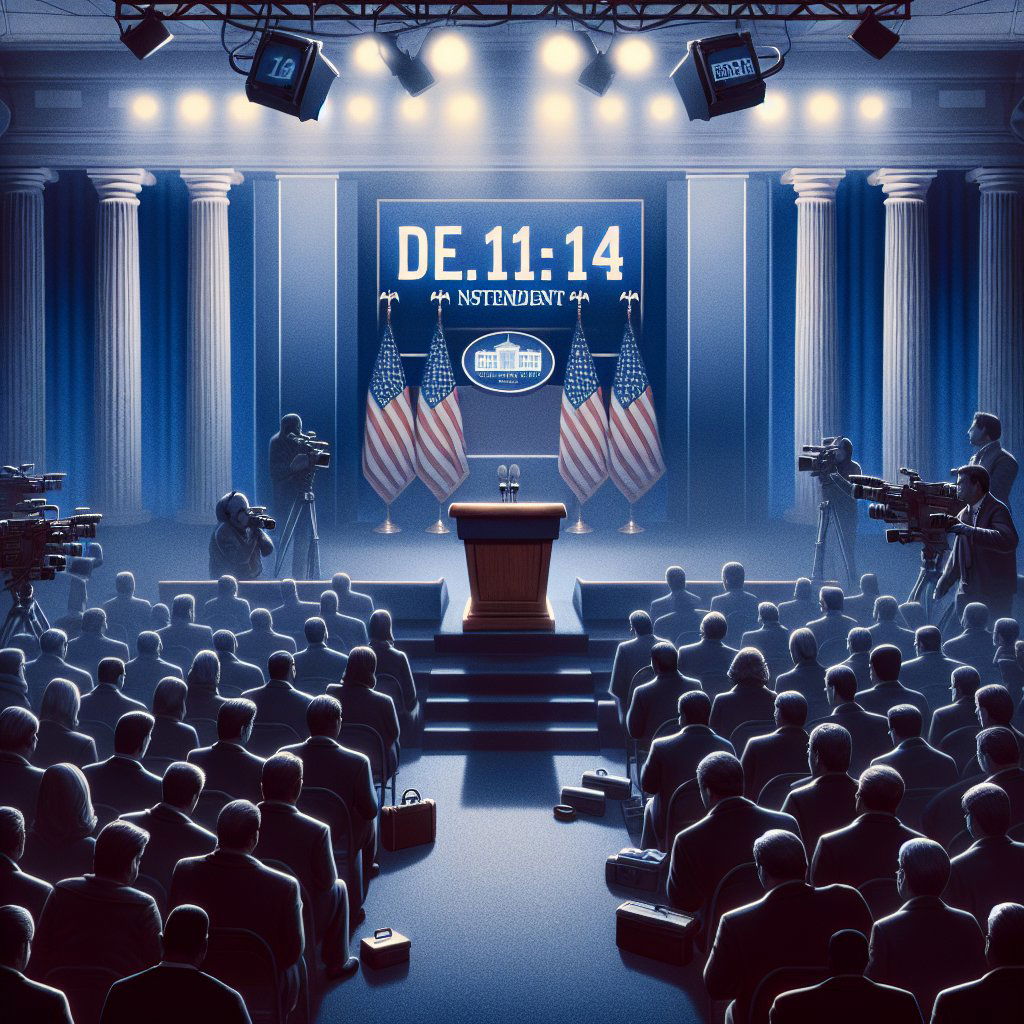Image: AI generated for illustration purposes
President Putin Poised to Announce Election Plans in Upcoming Press Conference
With the Russian presidential campaign gradually approaching, President Vladimir Putin stands poised to address the nation in a highly anticipated annual press conference on December 14. This forthcoming event, as announced by Kremlin spokesperson Dmitry Peskov, is expected to shed light on Putin’s intentions whether he will pursue another six-year term in power. The current climate of expectancy draws on Putin’s significant legacy as a leader who has been at Russia's helm, in one capacity or another, since the twilight of the last millennium.
Since taking the reins from Boris Yeltsin on the final day of 1999, Putin has navigated Russia through turbulent political waters. His forthcoming address, which combines the conventional Direct Line format of public Q&A and the President's year-end press review, is shaping up to be a pivotal moment in Russia's contemporary political narrative. Strategically scheduled one day after the Federation Council is due to officially announce the date of the March presidential election, the address marks a high-tide moment within the rubric of Russian politics.
Russian law dictates the announcement of the exact election date at least 100 days in advance, positioning March 17 as a probable day for the upcoming vote. This announcement and Putin's subsequent address are enveloped in an atmosphere rife with speculation and anticipation, given the absence of direct confirmation from Putin about his electoral ambitions.
Putin's tenure, which has seen Russia grapple with significant challenges including the war in Ukraine and intense geopolitical engagements with the West, presents him as a guardian of Russian stability in times of perceived existential threats. This portrayal feeds into the credibility of six sources who earlier indicated to reporters that Putin is indeed poised for another presidential run.
Holding an approval rating estimated at around 80%, according to official opinion polls, Putin's potential re-election bid is indicative of his deep-rooted dominance over Russian politics. Having served in the highest echelons of power for more than two decades, comparisons with the longevity of Soviet ruler Josef Stalin are unavoidable. Putin's unique position is fortified by the backing of state machinery and media, alongside a crackdown that largely dissolves any formidable organized opposition.
The invocation of unity and continuity by politicians and officials at a time of war reflects a nationalistic frame that benefits the incumbent. Even the Communist Party leader Gennady Zyuganov's remarks surrounding the looming presidential election underscore the anticipation of a political status quo.
With the nation's sights set on the upcoming address by President Putin, Russia appears to be awaiting the formal illumination of its political future. This interlude prior to the inauguration of overt election campaigning serves as a testament to Putin's indelible footprint on the political landscape of Russia and potentially signals his desire to extend it further, shaping the course of the nation well into the 2030s.










